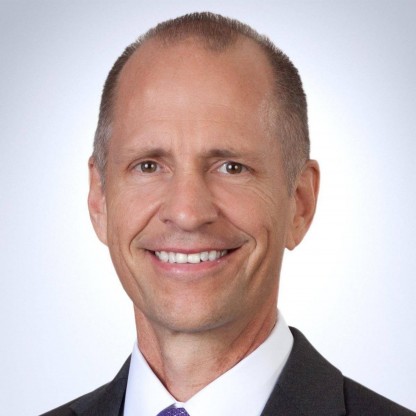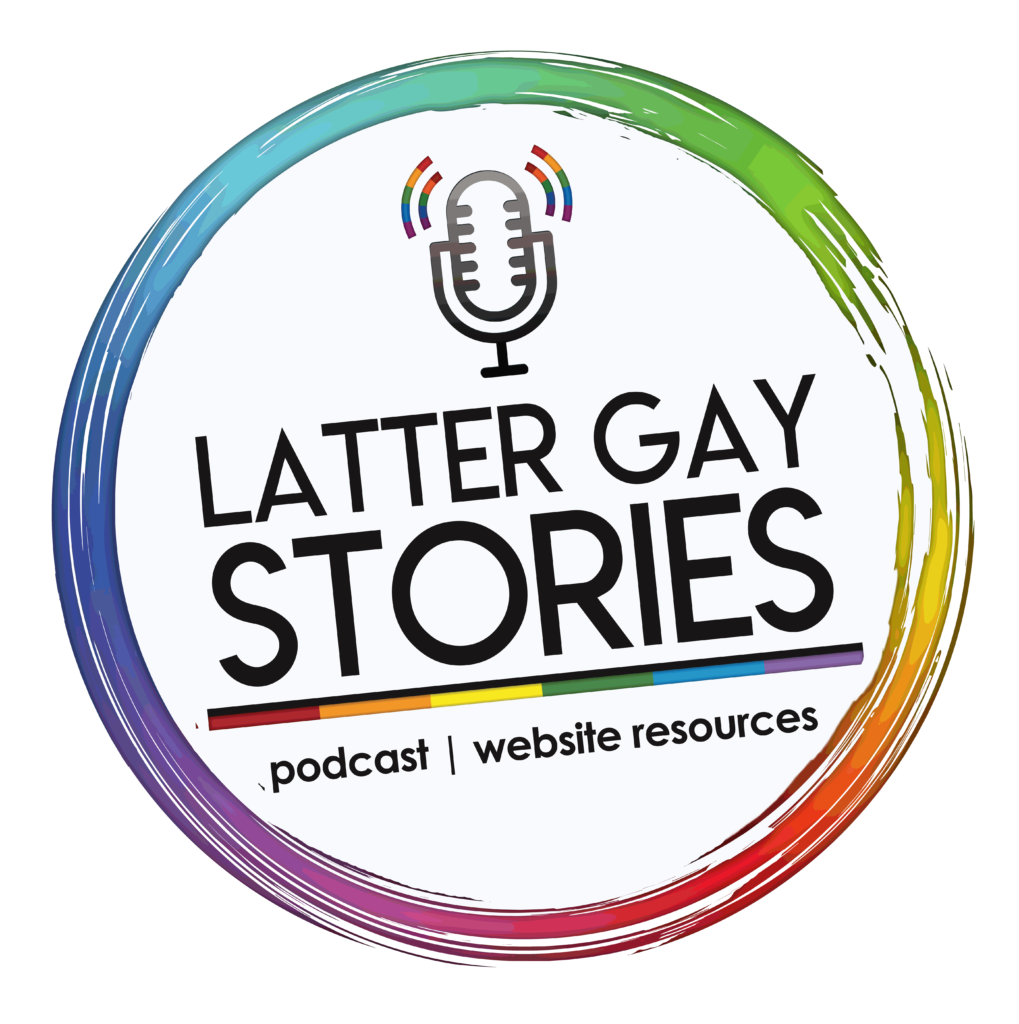By: Bryce Cook
Much has already been written and discussed about the reversal of the November 2015 Exclusion Policy announced before general conference. I am very grateful to see it gone but also very disappointed that it was just put out there without any apology or acknowledgement of the tremendous pain and suffering it caused. However, for this post, I want to focus on a different aspect of the announcement.
Much has already been written and discussed about the reversal of the November 2015 Exclusion Policy announced before general conference. I am very grateful to see it gone but also very disappointed that it was just put out there without any apology or acknowledgement of the tremendous pain and suffering it caused. However, for this post, I want to focus on a different aspect of the announcement.

Along with the rescission, it appears that a new more lenient policy with respect to what the church has previously called “homosexual behavior” was also announced. Whether it was intentional or a result of the wording not being thoroughly thought through remains to be seen. [1] Interestingly, the online handbook still hasn’t been updated to reflect the announced changes, which makes me wonder if they are grappling with some of the questions local leaders will undoubtedly have, and how much clarification will be needed.
Here are Elder Oaks’s words from the official announcement:
“Previously, our handbook characterized same-gender marriage by a member as apostasy. While we still consider such a marriage to be a serious transgression, it will not be treated as apostasy for purposes of Church discipline. Instead, the immoral conduct in heterosexual or homosexual relationships will be treated in the same way.”
It’s that last sentence that appears to create new policy regarding homosexual behavior. First off, the statement isn’t entirely accurate because immoral conduct is defined differently in a homosexual relationship compared to a heterosexual relationship. As indicated in the preceding language, a same-gender [2] marriage, though legitimate in the eyes of the law, counts for nothing in the eyes of the church, which still considers it a “serious transgression.” Unlike heterosexual marriage, a legal same-gender marriage cannot justify sexual activity.
HOWEVER, from this statement we can infer a new definition of “immoral conduct” in a homosexual relationship. Immoral conduct in a heterosexual relationship consists of sex outside of approved man-woman marriage. Therefore, to be treated in the same way, “homosexual behavior” that rises to the level of “immoral conduct” must consist only of unapproved sexual activity. If that is the case, kissing and other physical affection short of sexual activity cannot be considered immoral conduct in a gay relationship anymore than it can in a heterosexual relationship.
If this is the intent of the new policy, shouldn’t we expect to see gay people dating, holding hands and kissing on BYU campus, just like their heterosexual peers, without any fear of church discipline or honor code infraction? Shouldn’t we expect to see gay couples slow dancing at church dances, dating, and pursuing romantic relationships in our YSA wards, while still holding callings and remaining in full fellowship? It seems likely that these are the questions that bishops and stake presidents would be asking based on Elder Oaks’s statement.
If this interpretation is correct, and not walked back when it actually appears in the handbook, it would be a huge step toward humanizing and normalizing romantic homosexual relationships in the eyes of church members. And that attitude shift will surely open the door to continued evolution of the church’s position on homosexual relationships. [3]

Bryce Cook is a founding member of ALL (Arizona LDS LGBT) Friends & Family and a co-director of the annual “ALL Are Alike Unto God” Conference held every April in Mesa, Arizona. He is married to Sara Spencer Cook and together they have six children, two of whom are gay. Since their oldest son came out publicly in 2012, Bryce and Sara have become public allies for LGBT people in and out of the church. Bryce graduated from BYU with a degree in finance and from ASU with an MBA. He is an economic consultant at an international consulting firm.
_____________________________________________________________________________
[1] It’s hard to imagine that Elder Oaks wouldn’t have carefully chosen the exact wording in his statement along with considering all the possible interpretations of those words. And yet, the policy itself seemed to have been rolled out without much thought for how it would be received and all the questions it would raise, which resulted in the church having to issue a “clarification” (in reality, a partial retraction) a week later.
[2] Why the term “same-gender” here instead of “same-sex”? Is he simply using gender as a Victorian-like euphemism for the word “sex”? Or is he really drawing a distinction between biological sex and social constructed gender? If the latter, then the church shouldn’t have a problem with a trans man (e.g., someone born with female genitalia, who develops cognitively as a male, and presents as a man) being married to a woman.
[3] As I have written extensively about here.


